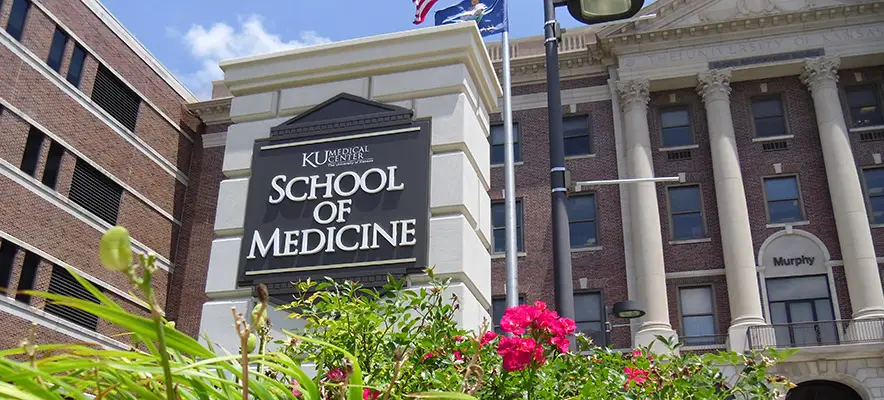As the percentage of medical students with disabilities rose over the years, many medical schools across the nation are making changes to ensure a seamless experience for them.
Between 2016-2019, 64 medical schools recorded a 1.7 percent rise in the number of students with disabilities which is attributed mainly to the growth in the percentage of students who disclosed a psychological disability or a chronic health condition, according to a new study by the University of Michigan.
The schools have responded by making accommodations that include adjustings testing times, or the length of patient care training. They said it could improve patient care among future physicians.
“A constellation of events has likely contributed to the increase in disclosure,” said Lisa Meeks, an assistant professor of family medicine at the U-M Medical School.
“This may include increased awareness of the availability of accommodations, an increase in the number of students who have received accommodations throughout their education and are comfortable with their identities as a person with a disability, the creation of educational resources by AAMC, and the diligent efforts of medical education programs to improve accessibility.”
About one-third of schools said they had modified their clinical procedures for students, while three-quarters provided other accommodations such as note-takers and adjustments to tests of students’ clinical skills.
Researchers are now focusing on understanding the issues which include the career trajectories and experiences of medical students with disabilities, and the potential benefit to patients of having a doctor who has a disability.
Parents Sue Bethel University Over Disability Discrimination

